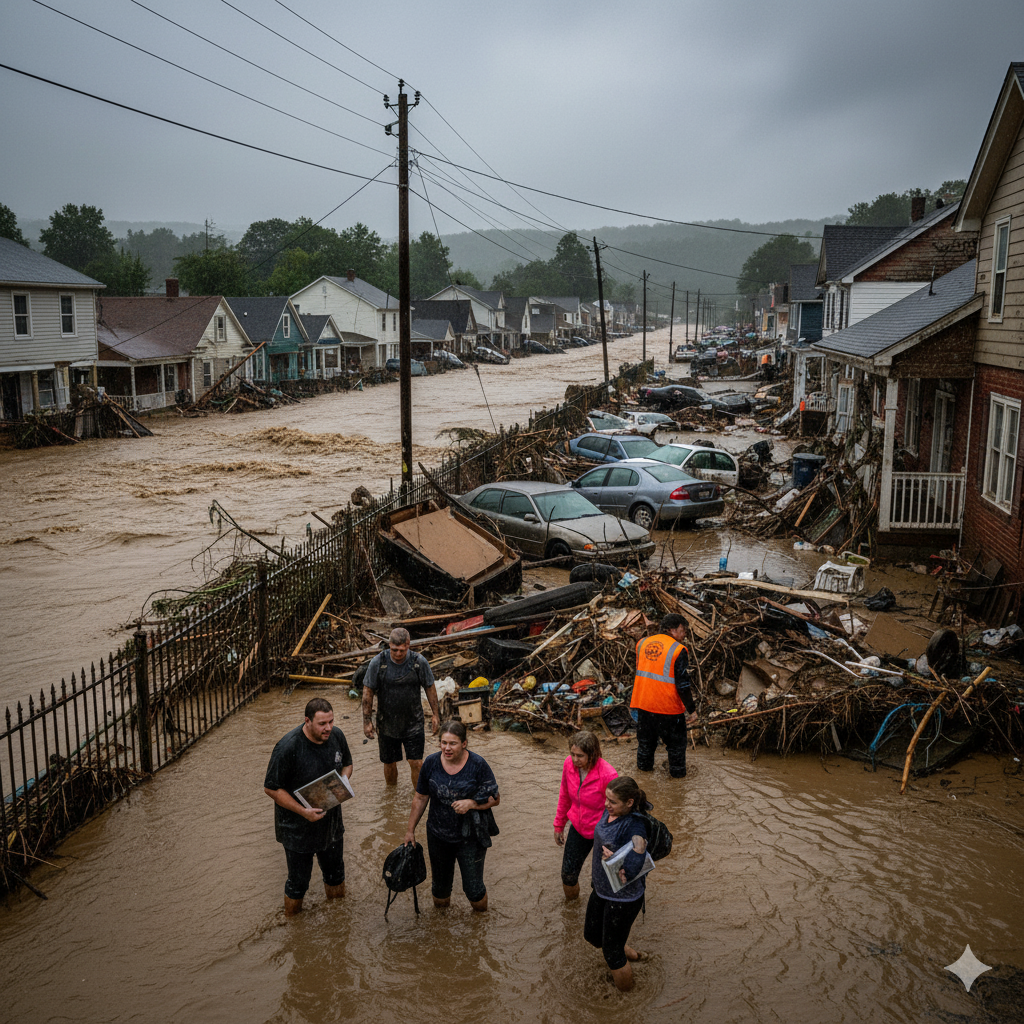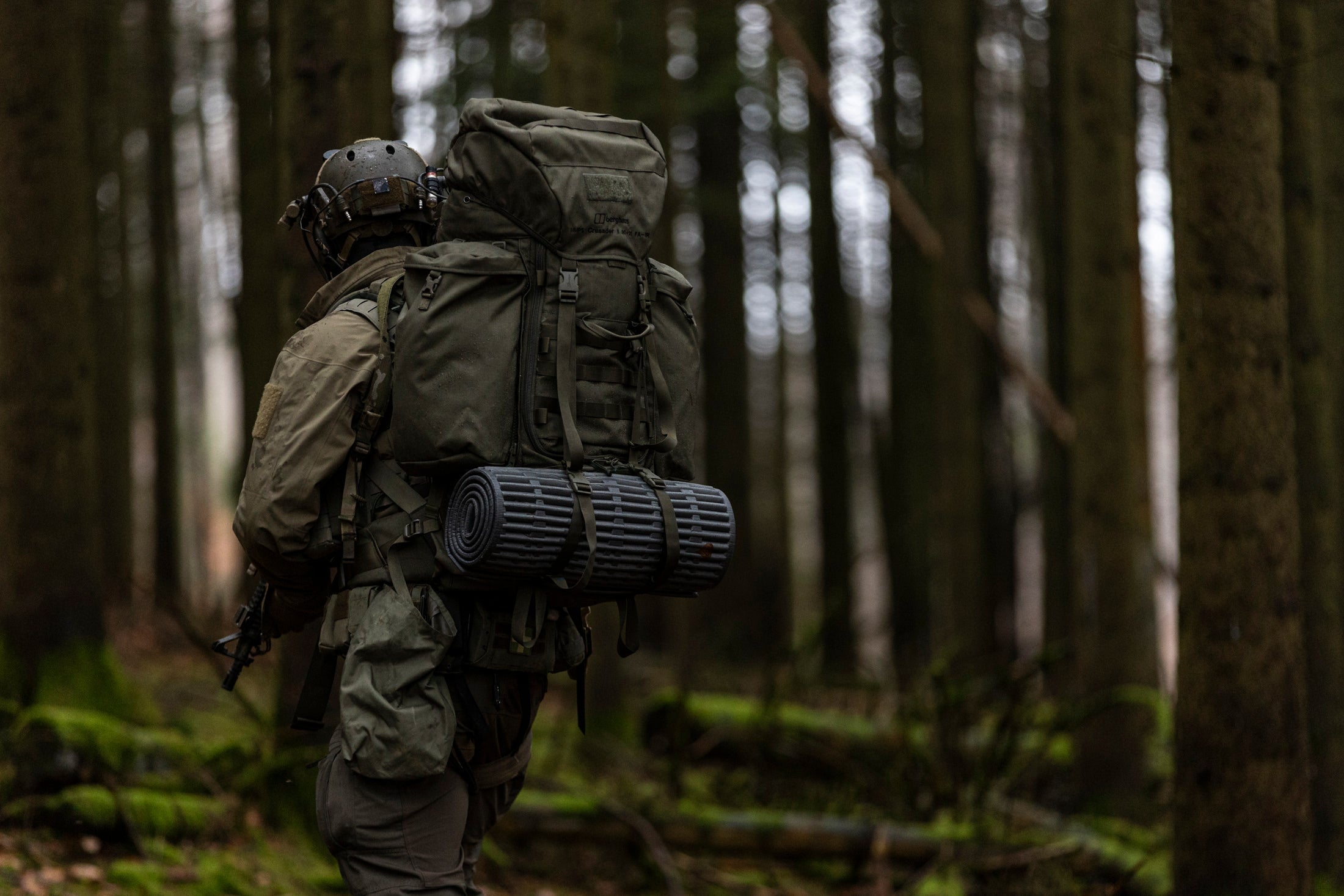When the Lights Go Out: How Unprepared We Really Are for Emergencies
When the Lights Go Out: How Unprepared We Really Are for Emergencies
It always starts the same way.
You’re sitting at home, scrolling through your phone, maybe watching Netflix. Then — click.
The screen goes black. The room falls silent. The hum of the refrigerator fades. You glance at the clock, but it’s dark too.
The power’s out.
At first, it’s almost exciting — a little unexpected adventure. You grab your phone for light. No big deal, right? But within an hour, the battery’s draining fast. The Wi-Fi’s gone. Your food is slowly warming in the fridge. And when you open the tap for a glass of water… nothing comes out.
That’s when it hits you. You weren’t ready at all.
Modern Life Has Made Us Soft
Our grandparents knew how to survive without electricity. They had candles, canned food, and a healthy respect for storms. Today, most of us don’t even know where our flashlight is — if we have one at all.
We assume water will always flow, lights will always turn on, and our phones will always connect. But nature doesn’t care about our assumptions. One flood, one power grid failure, one cyberattack — and everything we rely on can vanish in seconds.
We’ve built a world of comfort, but not of resilience.
When Water Stops Flowing
Water is the first thing we take for granted. We use it without thinking — to drink, cook, shower, clean. But in an emergency, water becomes gold. During floods, pipes can break or become contaminated. During droughts, reservoirs dry up.
Experts recommend keeping at least three days of drinking water per person at home. But most households couldn’t last even one day without running taps. If the water stopped tomorrow, what would you do? Boil rainwater? Collect it from a nearby river?
Preparedness suddenly doesn’t sound so strange.
💧 Water Preparedness Tips:
-
Store at least 3 liters per person per day for drinking and hygiene.
-
Keep a supply for 3–7 days minimum.
-
Use sealed containers and replace the water every six months.
-
Learn basic purification methods — boiling, filtering, or using purification tablets.
-
During floods, keep water containers off the ground to prevent contamination.
Electricity: Our Fragile Lifeline
Electricity powers everything — from heating to communication to medical devices. Yet few of us have a backup plan for when it fails. A small power bank won’t keep your food cold or your house warm.
In 2021, a major blackout in Texas left millions without power for days. People burned furniture to stay warm. Grocery stores ran out of food within hours.
That wasn’t a third-world crisis — that was modern America.
It’s not about fear. It’s about facing reality.
⚡ Power Preparedness Tips:
-
Keep flashlights and extra batteries in known locations.
-
Have a power bank or solar charger ready for phones.
-
Use a camping stove or gas cooker for emergency meals (with proper ventilation).
-
Unplug electronics during outages to avoid power surges.
-
If possible, invest in a small generator — and learn to use it safely.
Food and Supplies: Your Lifeline in a Crisis
In a real emergency, supermarkets empty fast.
During the first hours of panic, shelves vanish before you even get there.
🥫 Smart Supply Tips:
-
Keep at least a week’s worth of non-perishable food: canned goods, rice, pasta, nuts, protein bars.
-
Store a manual can opener — you’ll need it when there’s no electricity.
-
Have matches or lighters, a first aid kit, and warm blankets.
-
Store copies of important documents and some cash (ATMs may not work).
These small steps can turn panic into control.
A Culture of Denial
Why don’t we prepare? Because we think emergencies happen to other people.
We see floods on the news and think, “That’s terrible,” — but then we scroll past. We never imagine we could be next. But every disaster victim was “someone else” until the moment disaster struck.
Preparedness doesn’t mean paranoia. It means independence.
It means taking small, smart steps before chaos hits — like keeping extra batteries, knowing how to purify water, or having a neighborhood contact plan.
📻 Stay Connected and Safe:
-
Keep a battery-powered or hand-crank radio to receive news.
-
Write down emergency numbers — don’t rely on your phone.
-
Create a family meeting point in case of evacuation or lost communication.
-
Learn basic first aid — it can save lives.
Resilience Is the New Luxury
True security isn’t money in the bank — it’s knowing you can survive when systems fail.
It’s candles and clean water. It’s a solar charger and a stocked pantry. It’s knowledge — how to cook without power, how to stay warm, how to help others.
The next time the lights flicker, ask yourself:
If they stayed off, how long would I last?
Because emergencies don’t wait for us to be ready.
And hope — as comforting as it feels — is not a plan.



